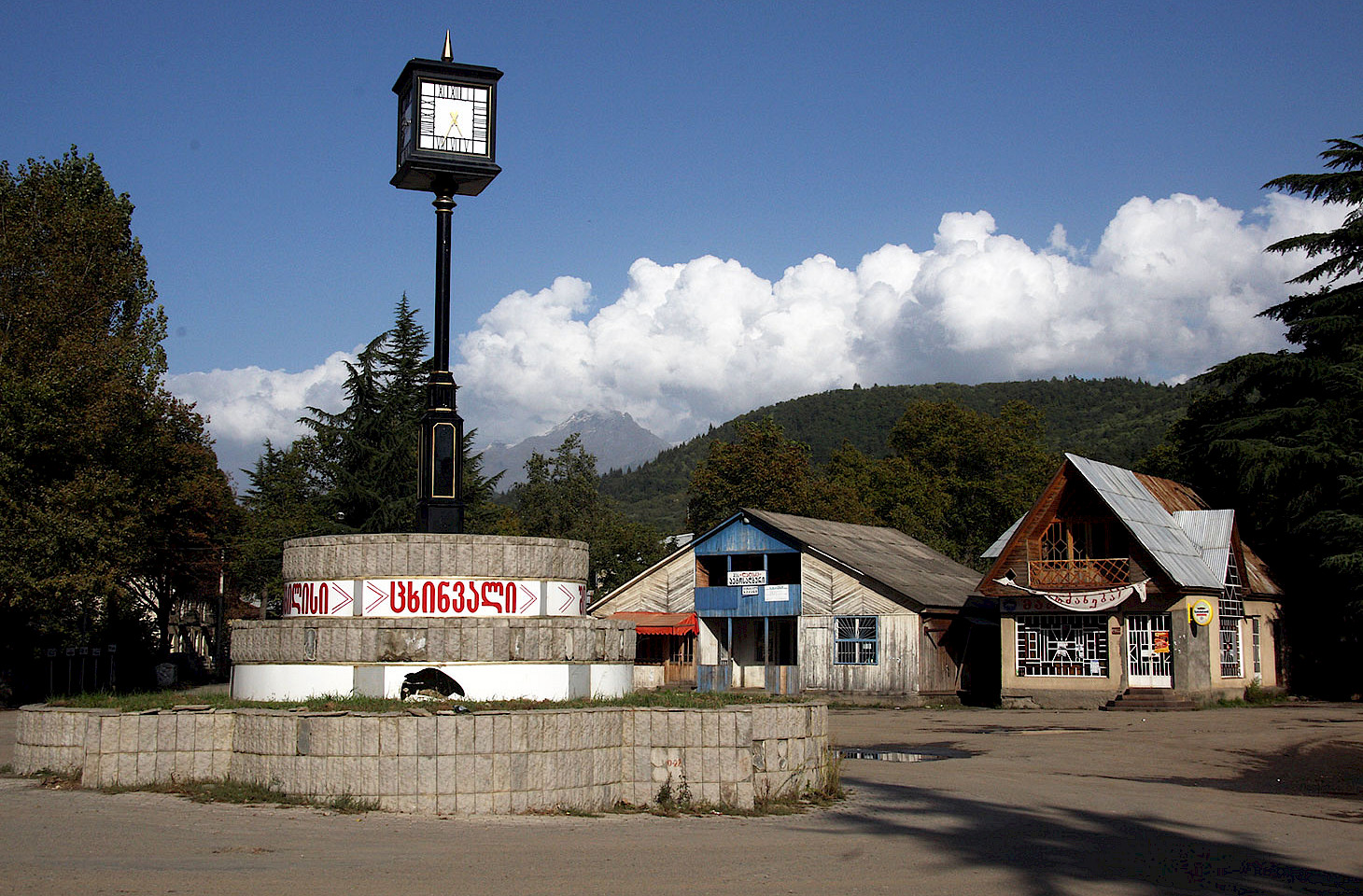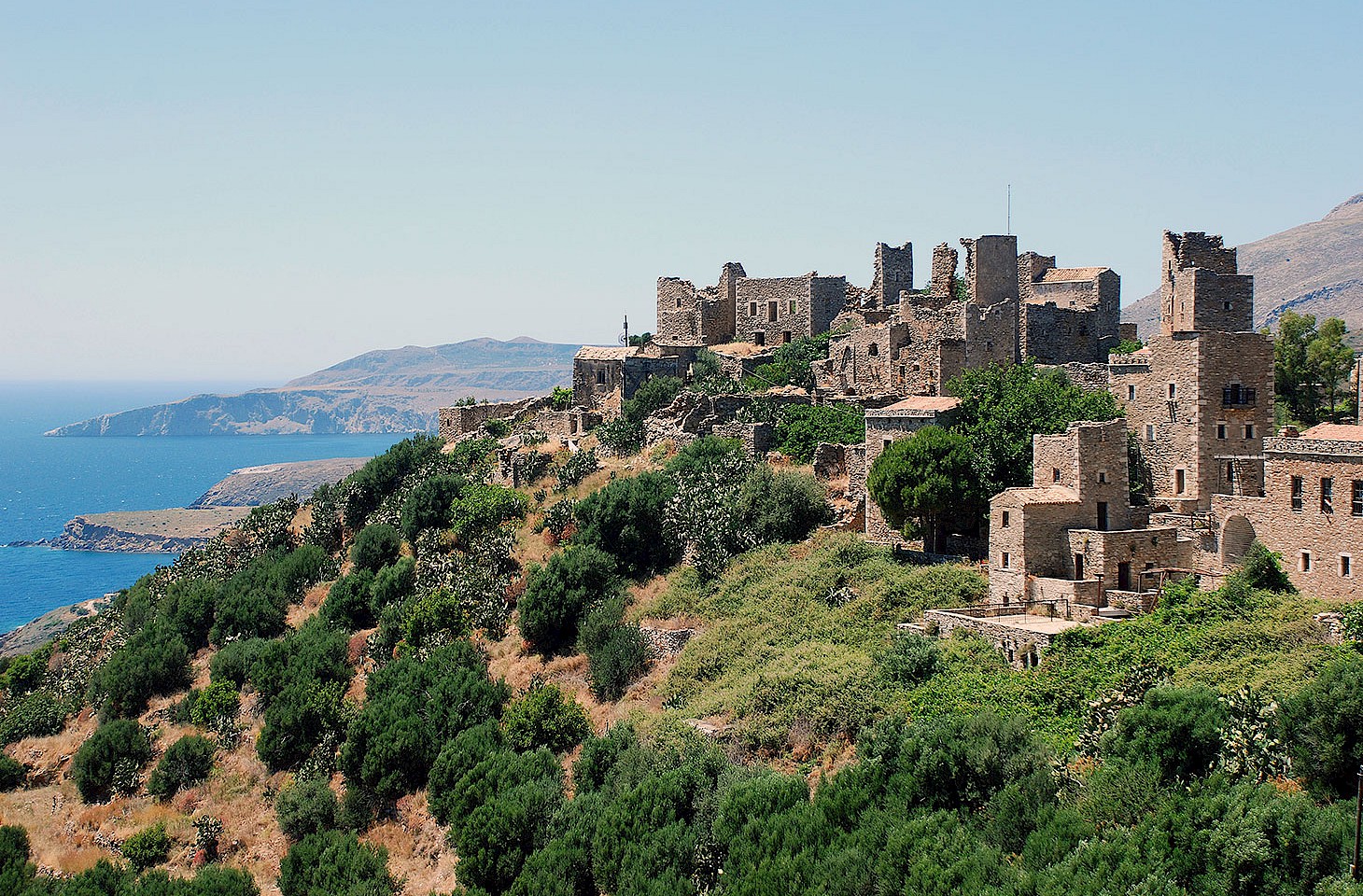Dear fellow travellers
Wintry grey morphs into tender spring. But it is a slow process, especially as one moves east across Europe. Spring comes early to London and Paris, but much later to Berlin and Warsaw. We have always loved the way in which one can escape the melancholy of winter and hasten spring by moving west. But not this year of course, as few can venture far from home in these difficult days.
The English poet Edward Thomas wrote a fine celebration of springtime as political storm clouds gathered over Europe in March 1913. He took his bicycle and left his home by Clapham Common in south London, pedalling west through increasingly mild, sweet and soft days to Somerset, leaping forward as it were through April into May.
There is tension in Thomas’ prose, tenderness and anxiety hand in hand, calm juxtaposed with fear. For us, it captures the current mood. In Pursuit of Spring is a good read for those spending this Easter in enforced isolation.
Edward Thomas weaves a peculiarly solitary kind of magic in his writing. It’s evident throughout In Pursuit of Spring and it is at the heart of the most celebrated of all his poems, Adlestrop, where on a hot summer afternoon the express train makes an unscheduled stop at a country station in the Cotswolds. There, amid the willowherb and meadowsweet, a lone blackbird sang.
We see the same solitary magic in the art of American realist painter Edward Hopper and in the verse of Austrian poet Rainer Maria Rilke.
Rilke’s quite exceptional vision of nature invites us to reinvigorate our habits of perception, to see the world anew as it were. Take this letter which he wrote to his wife, the sculptor Clara Westhoff, in October 1907:
Clara Westhoff (1907)“If I were to come and visit you, I’d also surely see the splendour of moor and heath, the hovering bright green of the meadows, the birches, with new and different eyes.”
We have all changed in these past weeks. We have new and different eyes. Our view of the world, our perception of our immediate surroundings, and the value we place on space and horizons have all been reengineered within the compass of a month. We have become more diligent in our attention to the detail of what’s happening on a balcony, in a garden and our immediate environment.
We have perhaps all become a little more selfless, and selflessness - as any travel writer knows - is key in observing the detail which underpins good writing. We detect other welcome changes in society. Small signs of solidarity have eclipsed a culture of consumption. And many are rethinking the nature of friendship, the meaning of families and the implications of isolation. Life has quickly acquired a profound moral urgency.
Perhaps we have all subconsciously taken on board the message of Rilke which is rich in solitary magic. Try a dose of Rilke this spring. There are several good English-language editions of his poetry.
Meanwhile, we are taking time to get to know a red squirrel. He lives, very happily as far as we can judge, in our garden. As he explores the briars and thorns, the elder and birch, we see that he is a true master of solitary magic.
Nicky Gardner and Susanne Kries
(editors, hidden europe magazine)
You might be interested in another article which we have recently published online. Read our tribute to author and cartographer Tim Robinson who died on 3 April.




